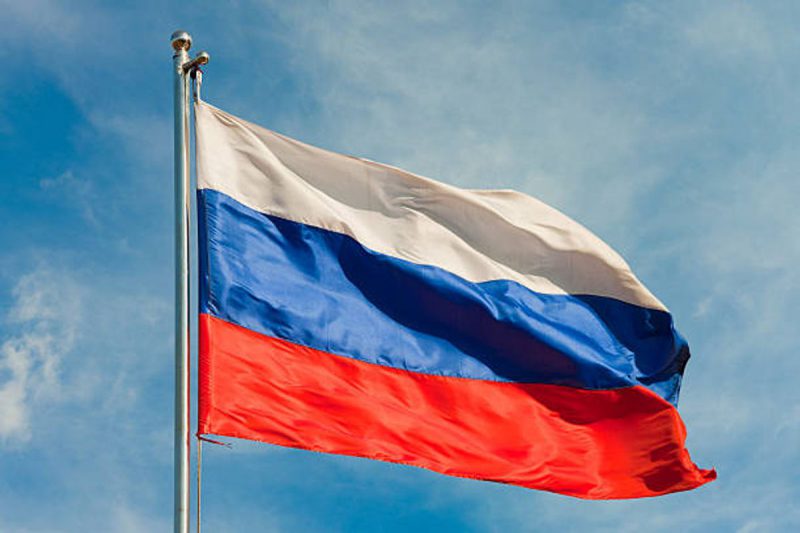Details have emerged that Russia could officially begin to roll out its digital ruble project in 2024, according to the monetary policy update released by the Bank of Russia.
The update noted that the year would mark the commencement of the connection of all financial institutions in the country to the digital ruble platform.
The Russian central bank continued that it intends to have completed financial transaction trials involving the digital ruble by 2024. These trials will involve customer-to-customer transaction trials, customer-to-business, and business-to-customer settlements.
Russia Wants to Introduce Digital Ruble in Phases
The central bank expects the currency to be gradually phased in with new features each year.
According to the apex bank, once this process reaches advanced stages, the Federal treasury will also begin to experiment with transactions like consumer-to-government, business-to-government, government-to-consumer, and government-to-business payments.
By 2025, Russia’s central bank expects to introduce an offline mode for the digital ruble. This update will include the integration of non-bank financial intermediaries, financial platforms, and exchange infrastructure.
The bank explained that the decision to introduce these updates in phases spread across years is to provide market participants with ample opportunity to adapt to the new conditions.
It added that it intends to partner with other central banks developing their own digital currencies to carry out cross-border and foreign exchange operations with digital currencies.
Russian Election Also Slated for 2024
With the announcement of 2024 as the year for the official rollout of the country’s digital ruble, the importance of the year just doubled.
During the year, the country is also expected to hold presidential elections with incumbent Vladimir Putin also having the constitutional right to contest again.
It is important to note that Putin’s support for the regulation of crypto activities preceded the adoption of crypto law in the country.





